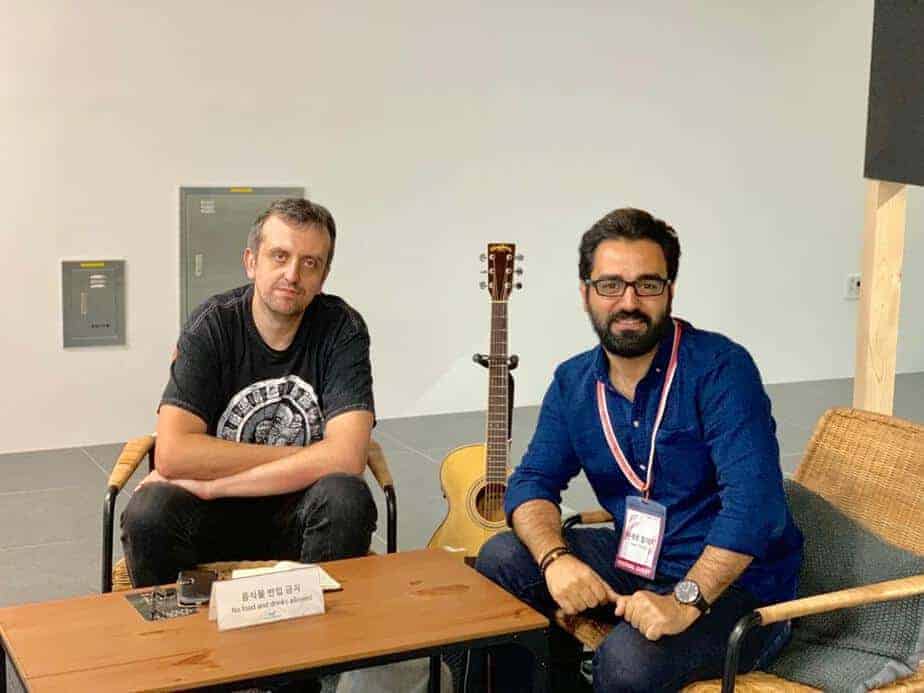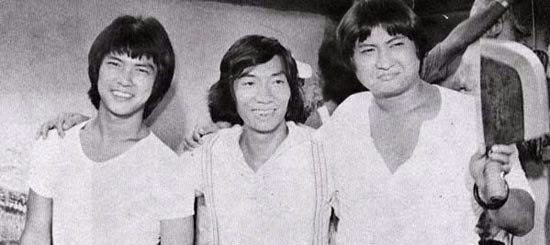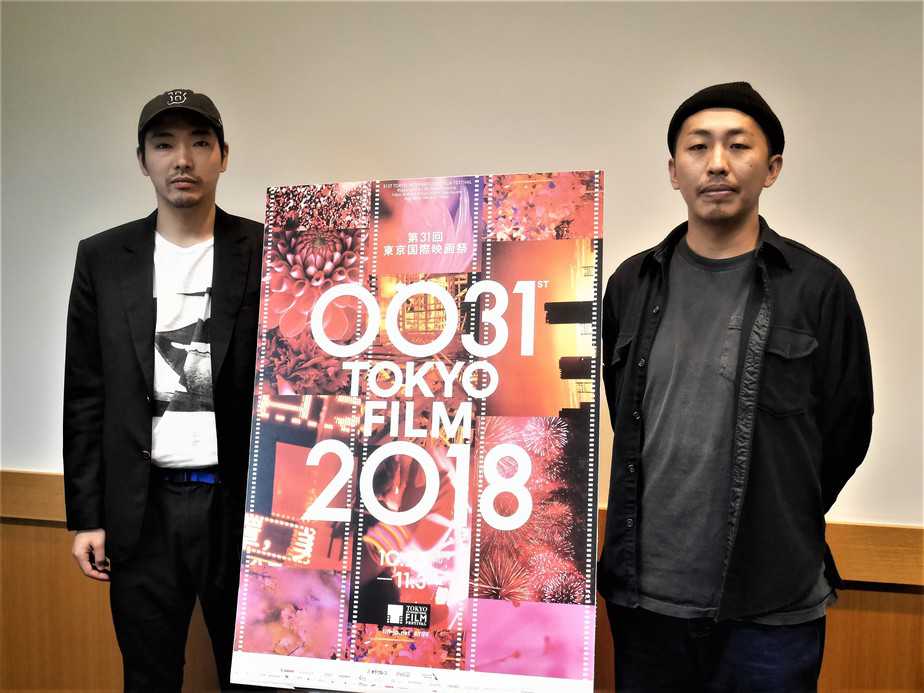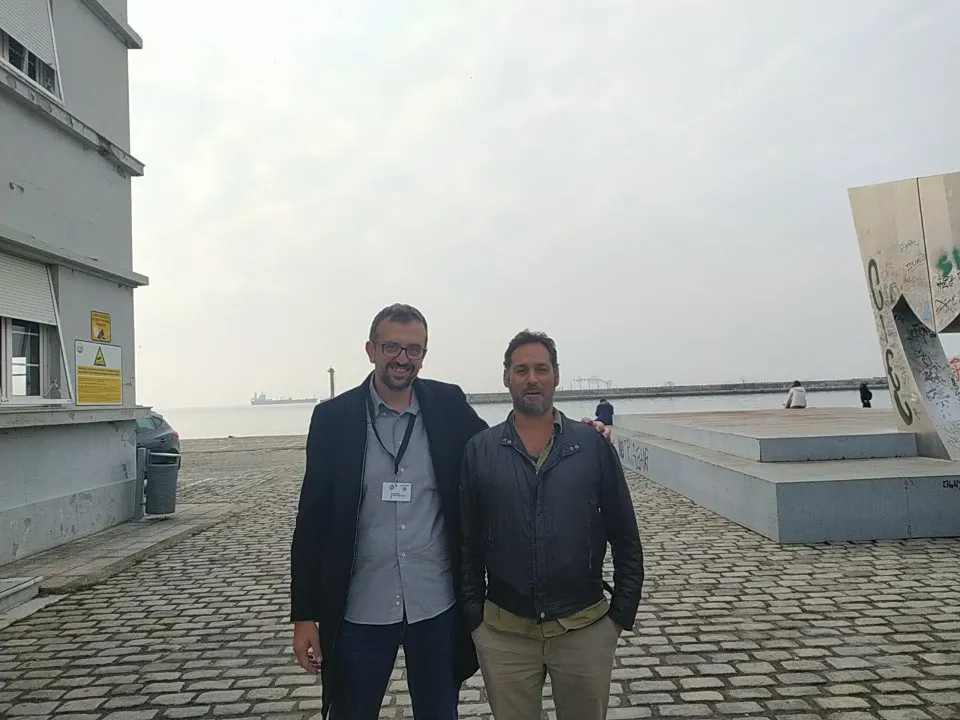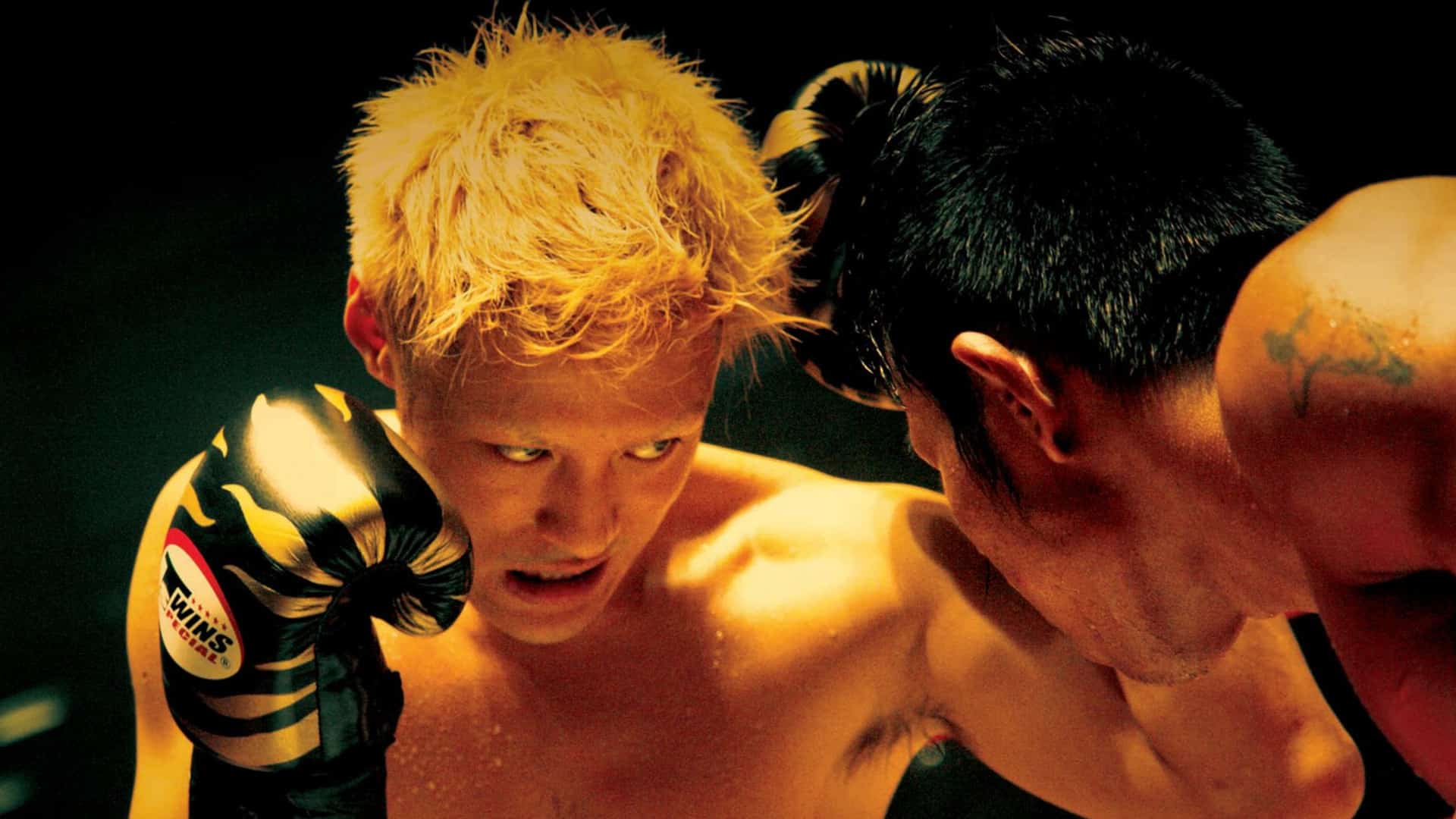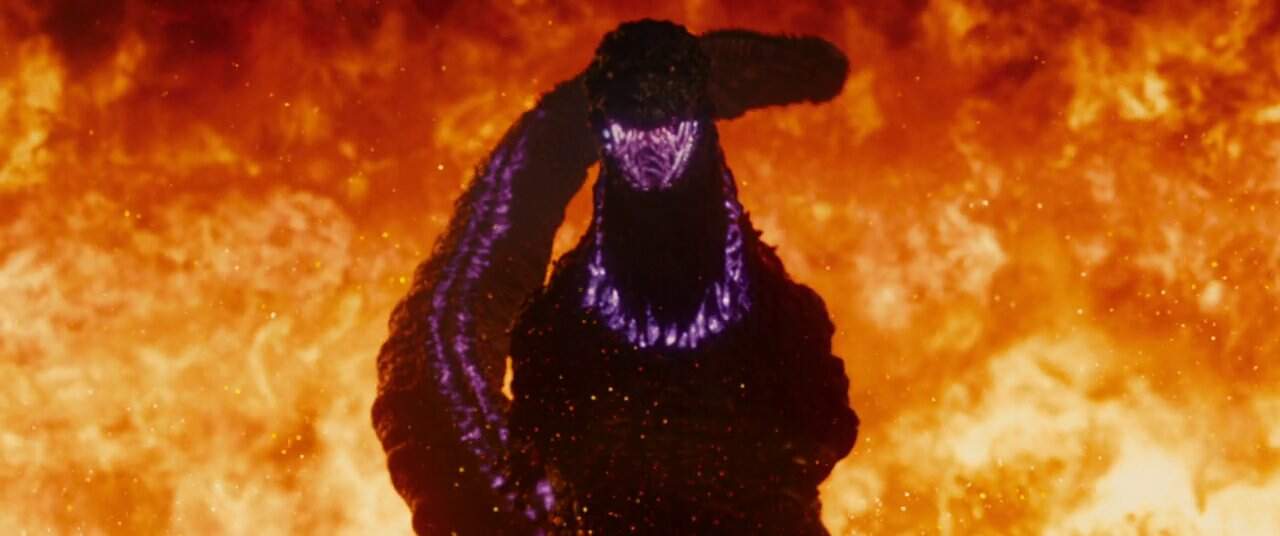Yaser Talebi was born in Sari, in northern Iran in 1982. He is a film director, producer, screenwriter and editor. He is famous as a creative director. He travels around his home town meeting its people and exploring the environment, history and culture of the different regions. He is also an active member of Iranian Documentary Filmmakers Association (IRDFA)
On the occasion of his film “Beloved” winning the NETPAC award at Ulju Mountain Film Festival, we talk with him about Firouzeh and her way of life, how he approached her and the way he shot the documentary, Mohammad Rasoulof and Iranian cinema, and other topics.

Where did you find this old lady (laughter)?
I get this question in all the festivals I attend (laughter). I am living in Northern Iran, that is where I see many women like Firouzeh, who are living like that. Also, I always wanted to make a movie about my grandmother but she died early and she wasn't present when I wanted to make a movie about her. And when I saw Firouzeh, I felt like my grandmother was still alive. So, when I tried to communicate with Firouzeh I told her about my grandmother, how similar they are. So I spent a few days in the place she leaves and I just spoke with her, without recording. I had a camera with me, but I did not use it. However, in the third day, Firouzeh asked me, “Why are you not recording me, it is better if we started already” (laughter).
I lived with Firouzeh for two years. I could not talk to Firouzeh easily, because she was always moving(laughter). When I became comfortable with her, I tried to record her but there was always a distance between the two of us, and I did not want to judge her. I thought that if I made a movie about Firouzeh, it should be real, not fake. Firouzeh has a very strong character, so I did not need to make a character out of her. I tried to make a video of her that would present her through our eyes, so just I used a 50mm lens.
Was it difficult to make her open up, to trust you?
It took two years, but I did not go there every day. After two years, she told me, “we are like mother and son”. At that time, I felt I had a deeper responsibility for her, when she said something like that, so I always try to visit her.

After you finished the recording, how much footage did you have and how much time did you spend editing it?
I had thirty sessions with her in two years and I ended up with a movie of about 100 minutes. The post production took about one year. After that, I invited my friend in Canada to edit this movie, because it was very difficult for me to edit it, because I wanted to include all of the feelings of this character in the movie. I wish I knew a grandmother who could edit this movie (laughter).
There are a lot of funny scenes in the movie. Would you say Firouzeh has a real sense of humor or is it the context that made these scenes funny?
Firouzeh is a real character, she is humorous. There is no difference between the person I recorded and the one she actually is. Sometimes people try to be more beautiful in front of the camera, but not Firouzeh, she does not change.
Can you elaborate on the scene with the policemen?
The forest police wanted to come and ask Firouzeh about her stay there, but I asked them if I could make a video of them, to capture Firouzeh's reaction. The video, however, is real, they are doing their duty. But I did not tell her about that, that they wanted to come and ask her about her stay there and that is why Firouzeh's reaction is real. She tried to defend herself for real.
Did she actually call all eleven of her children to complain that they do not care about her?
All eleven of her children complained about the recording, they did not like that. In all 365 days of a year, they only came 3-4 times to visit her. And she told me that they came just because I was making this movie (laughter), otherwise they would not have come. And because Firouzeh was very excited during the calls, I told her that if she talks to them like that, she would upset them and they will complain afterwards. She said that she did it on purpose and that she wants me to put this part into the movie because she wanted them to see that part, but she also told me she would not like me to show this movie in Iran as long as she is alive, only after she is dead.

Can you tell me a bit about the last scene, when she asks you to leave to record herself on camera?
There were just two of us shooting this movie, me and the sound recorder, because she did not want anyone else coming, and this was important in order to gain her trust. At some point I understood that she wanted to ask me for something and for me, the last scene was a challenge, I was thinking how to make the last scene of the movie be real, not to be fake. So when I understood she wanted this thing from me, I told her “You can have this camera, you are the director now” (laughter). Firouzeh told me just to go out (laughter). After I saw the last scene, I was crying because I understood how she was feeling.
Do you think that she was actually recording her will in the last scene?
No, no. The reason she wanted me to go out of the room was because she did not want me to see her crying, because she did not want for anyone to witness her feelings. Firouzeh was very strong throughout the movie, but in this last scene she was different, she was not strong. Firouzeh never asked anyone for anything but in the last scene she was begging her children, because she wanted them to take care of her cows.
Would you say Firouzeh's way of life is disappearing as the years pass?
Some 20 years ago, the government told the people living in the mountains that maybe it is better to go to the city, because they are damaging the forests with their presence. But the forests are actually damaged due to government's actions, not because of the people living in the mountains. Firouzeh was actually opposed to them, as you can see in the film.

Would you like to comment on what is happening now in Iran with Mohammad Rasoulof?
The films Rasoulof, Kiarostami and Jafar Panahi shot were always difficult, and unfortunately, the government always thinks that the movies should advertise their deeds. Therefore, whoever does not do that, they think that he is opposing the government.
In general, what would you say is the situation with the Iranian film industry at the moment?
Iranian cinema is going ahead and is developing every day, but documentary cinema is doing better than fiction. All of Iranian festivals show documentaries at the moment, because our country, like yours Greece, has a very rich culture and therefore, there are a lot of topics to be shown in cinema. And there are still many topics that we have not done films about in Iran and I feel that stories like the one of Firouzeh are very interesting, also for other countries.
Are you working on anything new at the moment?
It is a documentary again, about a girl and her family. Her father is mentally disabled and she lost her mother a year ago. She is 18 years old and she wants to be a doctor but she has to take care of her father.
So you will keep your promise to Firouzeh and show the film after she dies?
I will.


